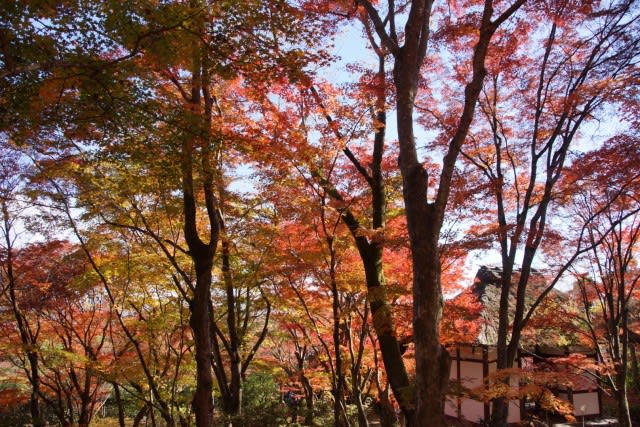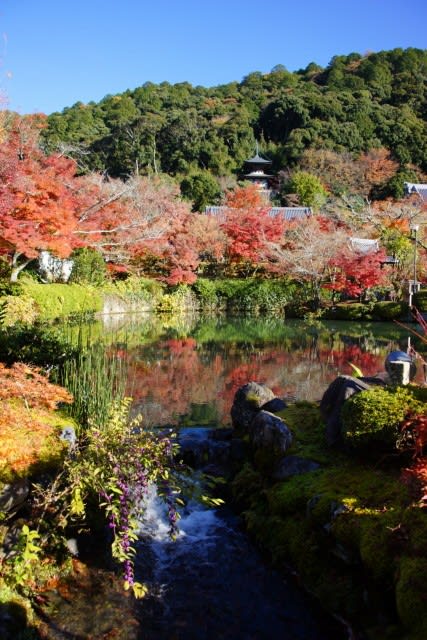O seguinte é da coluna serializada do Sr. Sekihei que abre a revista mensal Hanada, lançada em 20 de dezembro.
A revista mensal Hanada está cheia de artigos genuínos como este, mas o preço é de 950 ienes, incluindo impostos.
Provavelmente não existe outro livro no mundo com melhor desempenho de custo.
Uma leitura obrigatória não só para os japoneses, mas também para pessoas do mundo todo!
A Península Coreana é a Perpetradora da História
Nesta série de artigos intitulada "Conheça a si mesmo, conheça a si mesmo", concentrei-me consistentemente na China, mas, desta vez, gostaria de falar sobre a Península Coreana.
Porque junto com a China, a península é outro "ele" problemático para o Japão.
Os dois países da península, especialmente a Coréia do Sul, estão sempre e em toda parte bancando a vítima e exigindo "desculpas" e "compensação".
Uma ex-presidente, que agora está presa em seu próprio país, chegou a declarar que “a situação das vítimas permanecerá inalterada por mil anos.
Eles continuarão a extorquir o povo japonês fingindo ser "vítimas" para sempre.
Mas as pessoas da península foram realmente "vítimas da história" em alguma medida?
Na verdade, um olhar mais atento sobre a relação histórica entre a Península Coreana e os países vizinhos, como Japão e China, revela que a realidade é bem diferente.
Ao longo da história, os países da Península Coreana foram os "perpetradores da história" e causaram muitos problemas aos países vizinhos.
Deixe-me lhe dar um exemplo.
Durante o período dos Três Reinos na história coreana (séculos 4 a 7), Goguryeo, Silla e Baekje estiveram lado a lado na península, competindo pela supremacia.
Silla, o mais fraco em termos de poder econômico e militar, enviou diversos emissários à Dinastia Tang na China para implorar ao imperador chinês que enviasse tropas à península para derrotar Baekje.
A Dinastia Tang ouviu e enviou um grande exército à península para trabalhar com o Exército Silla para destruir Baekje em um movimento de pinça.
Hoje em dia, as pessoas na península costumam afirmar em voz alta que “sempre fomos invadidos por países vizinhos ao longo de nossa história e sofremos muitos danos”, mas isso não é nada disso.
No entanto, não há nada a fazer.
As nações peninsulares simplesmente convidaram tropas estrangeiras para a península por sua própria vontade e permitiram que elas "invadissem" a península.
Alguns dos remanescentes levantaram soldados para reviver o país depois que Baekje foi atacado e destruído pela União Dinástica Silla-Tang.
Eles enviaram um enviado ao Japão, solicitando que a Corte de Yamato enviasse tropas para a península coreana para ajudar a reviver Baekje.
A Corte Imperial de Yamato ouviu o pedido e enviou tropas para a península.
Eles travaram uma batalha feroz contra as forças chinesas da Dinastia Tang em Baekgang.
Como todos sabemos, o resultado foi uma derrota desastrosa e quase destruição do exército japonês.
Como resultado do envolvimento no conflito na península pelos remanescentes de Baekje, o Japão e os japoneses da época foram gravemente danificados.
Existem outros exemplos de como a península coreana infligiu danos significativos ao Japão.
Durante o período Kamakura (1185-1333), os dois ataques mongóis, os Bun'ei e os Koan, foram consistentemente auxiliados e estimulados pela nação peninsular de Goryeo.
É um fato histórico que a primeira invasão mongol, a Batalha de Bunei, foi liderada pelo imperador Kublai da dinastia Yuan. Ainda assim, Goryeo, que se tornou um estado vassalo da Mongólia, cooperou totalmente na invasão mongol do Japão construindo navios de guerra e adquirindo suprimentos militares.
Quando organizou uma força expedicionária de cerca de 20.000 homens contra o Japão, acrescentou 5.000 soldados Goryeo liderados pelo general Kim Bang-gyeong ao seu estado-maior. Ele mobilizou 15.000 pessoas da Goryeo para dirigir e navegar a frota.
A força invasora contra o Japão foi, na verdade, uma força combinada Mongol-Goryeo.
Quando a conquista do Japão falhou na Batalha de Bunei, Kublai estava prestes a desistir do domínio do Japão.
Naquela época, porém, foi o 25º rei da dinastia Goryeo, o rei Chungryeol, quem implorou veementemente a Kublai para retomar a conquista do Japão.
É um fato histórico bem documentado na "História de Goryeo, a Família do Rei Chungryeong", uma história verdadeira compilada durante a Dinastia Joseon.
Kublai ouviu o apelo do rei Chungryeol, e a segunda guerra para conquistar o Japão (a Batalha de Hongan) aconteceu.
Naquela época, o exército de Goryeo desempenhou um papel essencial na conquista do Japão, e o próprio Rei Chungryeol foi nomeado "Jungseo Sahjo" do "Ministério Jungseo para a Conquista do Japão" (o quartel-general da expedição japonesa) para servir como o comandante da linha de frente do exército invasor.
Em outras palavras, a invasão mongol da era Koan deveria ser precisamente chamada de "invasão Goryeo-Mongólia", e o Rei de Goryeo e o exército de Goryeo foram os principais jogadores na invasão do Japão.
O que eles fizeram ao povo japonês?
Nitiren, que viveu na mesma época, escreveu sobre as atrocidades cometidas pelas forças aliadas Goryeo-Mongóis em Tsushima.
"O exército invasor matou os homens que eram camponeses comuns. Quanto às mulheres, elas perfuravam as palmas das mãos e revestiam as paredes dos navios com contas."
A descrição acima é a história do povo Goryeo na península que participou e liderou a guerra de agressão ao Japão e a história da matança cruel do povo japonês.
O povo da península pode afirmar que é "vítima da história", mesmo em face de fatos históricos tão marcantes?
Não, o fato é que não são.
Ao longo da história, os países da Península Coreana estiveram envolvidos em conflitos na península, infligindo danos aos países vizinhos, incluindo o Japão. Eles também se envolveram em guerras de agressão contra o Japão.
Eles são, sem dúvida, os perpetradores da história, e deveriam ser eles a se desculpar e pagar uma indenização ao Japão!
(Para obter detalhes, consulte "O povo coreano é o perpetrador da história", de Sekihei [Asuka Shinsha].



















